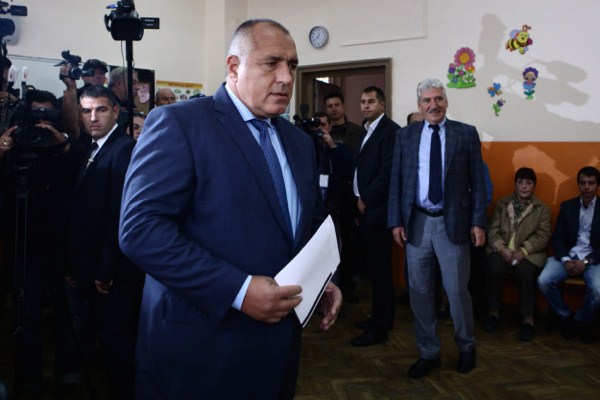SOFIA, Bulgaria—Over the past 20 months, Bulgaria has seen four governments, ongoing anti-establishment street protests over living standards and corruption, a banking crisis and sanctions as well as other pressure from the European Union due to its close ties to Russia. Some hoped the country’s second snap election in two years on Oct. 5 might have provided impetus for change to a discredited and directionless political leadership overseeing the EU’s poorest economy, which has lost its emerging-market sheen since the 2009 financial crisis.
But instead the poll produced the most fragmented parliament since the fall of communism in 1989. Haggling continues over a governing arrangement that would be acceptable, at least to the self-serving politicians and business interests linked to them, rather than to an increasingly alienated Bulgarian population.
“Bulgaria risks being ungovernable,” says Vladmir Shopov, a Sofia-based political scientist. “First, there is the difficulty of obtaining and maintaining a stable majority. Then there is the degeneration of public institutions in recent years. And there is now such a degree of cynicism, scepticism and plain refusal even to participate in elections.”

